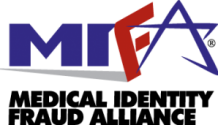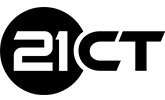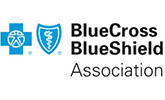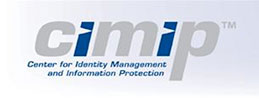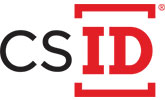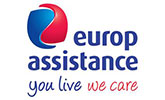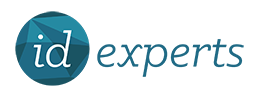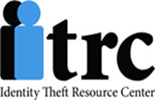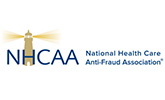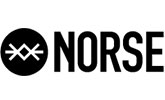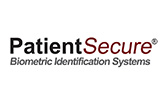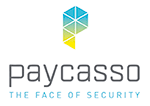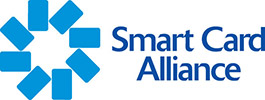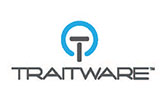It’s bad enough when some scammer gets your credit card, but what happens when they steal your access to health care? Even worse, what if that person is a member of your family or a member of the health care field we are supposed to trust?
It’s not an isolated concern. Medical identity theft represented 42.5 percent of the breaches identified in 2014 according to the Identity Theft Resource Center. And the crime appears to be growing – another consumer advocacy group, the Ponemon Institute, said medical identity theft incidents increased 21.7 percent, costing victims more than $ 13,500 to resolve.
Here’s how you can stay safe:
- 1. Always, always read your Explanation of Benefits
- 2. Be extremely wary of phone offers
- 3. Even seemingly innocuous sharing can cost you
- 4. Scammers might be closer than you think
- 5. Take advantage of your annual records check
- 6. Don’t be afraid to ask questions.
- 7. Report any suspected fraud.
Vigilance – your ounce of prevention
Stopping medical ID theft isn’t only on you, the consumer. The Smart Card Alliance, a non-profit multi-industry association, asserts “the way to stop medical identity theft … is to improve patient identification and provide enhanced data protection.”
Click here to read the full article and details on how to protect yourself against medical identity fraud.
August 11, 2015 by Jacqueline Leppla, WestPenn Times
